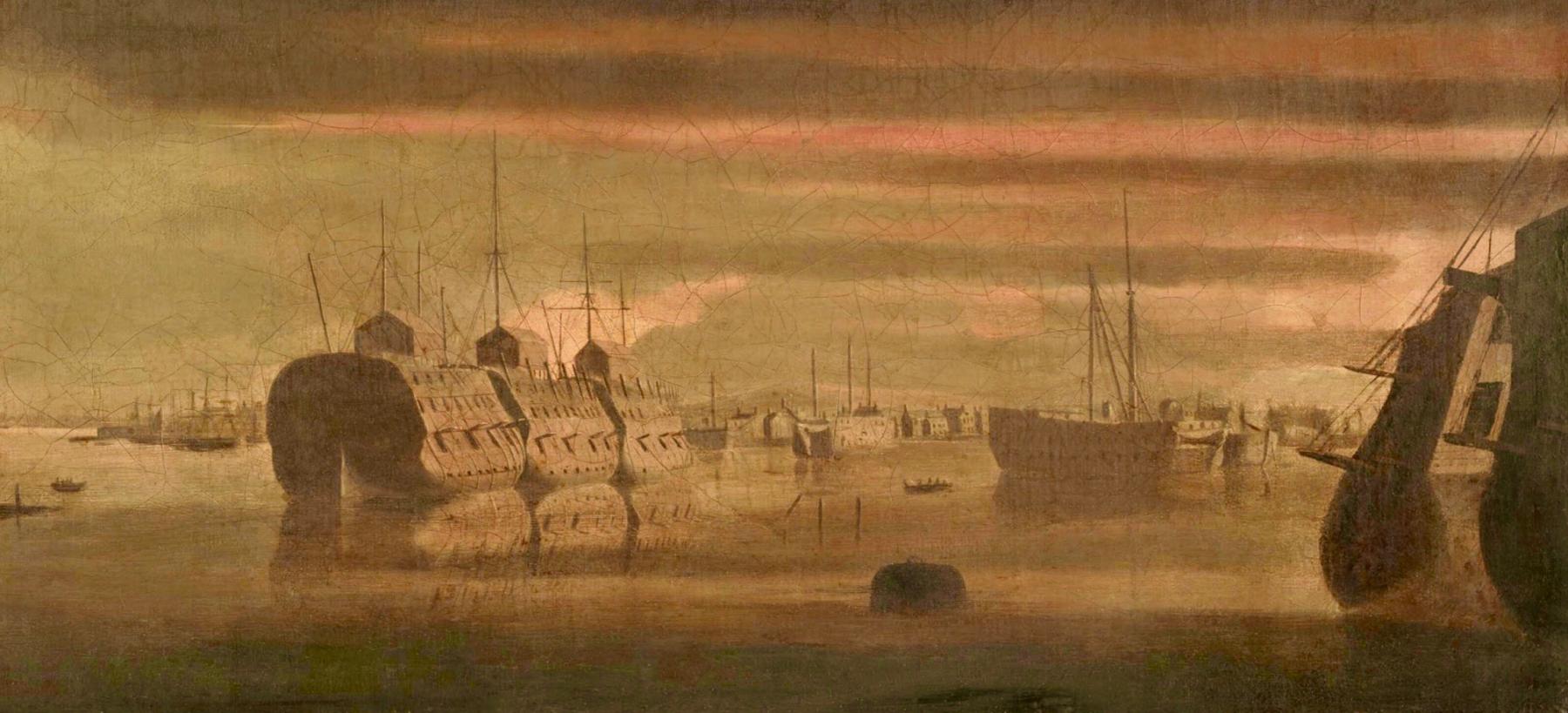Transportation from Barkway
Transportation of convicted criminals started in 1597 with a parliamentary bill. Initially they were sent to America but following American independence in 1783 a new destination was required. From 1786 convicts were sent to Australia.
There is a record of 13 Barkway residents being sent to Australia, over the period up to 1868, when transportation would be at an end.
Banishment became the secondary punishment after hanging. Many crimes were subject to the death penalty, but in many cases the sentences were commuted to transportation.
The destination for convicts was initially New South Wales up to 1840, but Van Diemens Land, now Tasmania, started to receive convicts from 1812 through to 1853. Before setting sail convicts were taken to prison hulks on the Thames.
An interesting example of one man transported was the case of Benjamin Bright. His case is described in the Hertford Mercury of November the 27th 1847:-
“On Saturday night the 20th instant, a ewe sheep in lamb was slaughtered in the fold near Barkway belonging to Mr Rust of Buckland, and the whole of it taken away. Mr Rust gave immediate information to Inspector Wright, who with 3 of his constables set about prompt enquiry into the matter; they traced footmarks from the fold, and on Monday morning went to the house of a man named Benjamin Bright, who is an old shepherd at Barkway, when they found Bright (who was the worst for drink) with his family making a hearty breakfast off a leg and part of a breast of mutton. The officers searched, and found in his wood barn, under some straw a sack containing nearly the whole of a sheep cut into joints; found a great quantity of blood and grease on Bright's clothes. They also found a knife and a chopper with a quantity of blood and suet on them. The meat was compared by Mr Eling, butcher of Barkway, to the skin which was found in a pond near the fold and he declared it to form one and the same sheep. Bright was committed to take his trial at the next Hertford Quarter Sessions.”
In 1848 Bright was transported to Van Diemens Land for 7 years for sheep stealing. The sheep was valued at £1.10.0. The voyage took 3 months on the ship Pestonjee Bomanjee. He never returned, dying in Hobart in 1861 aged 64.
